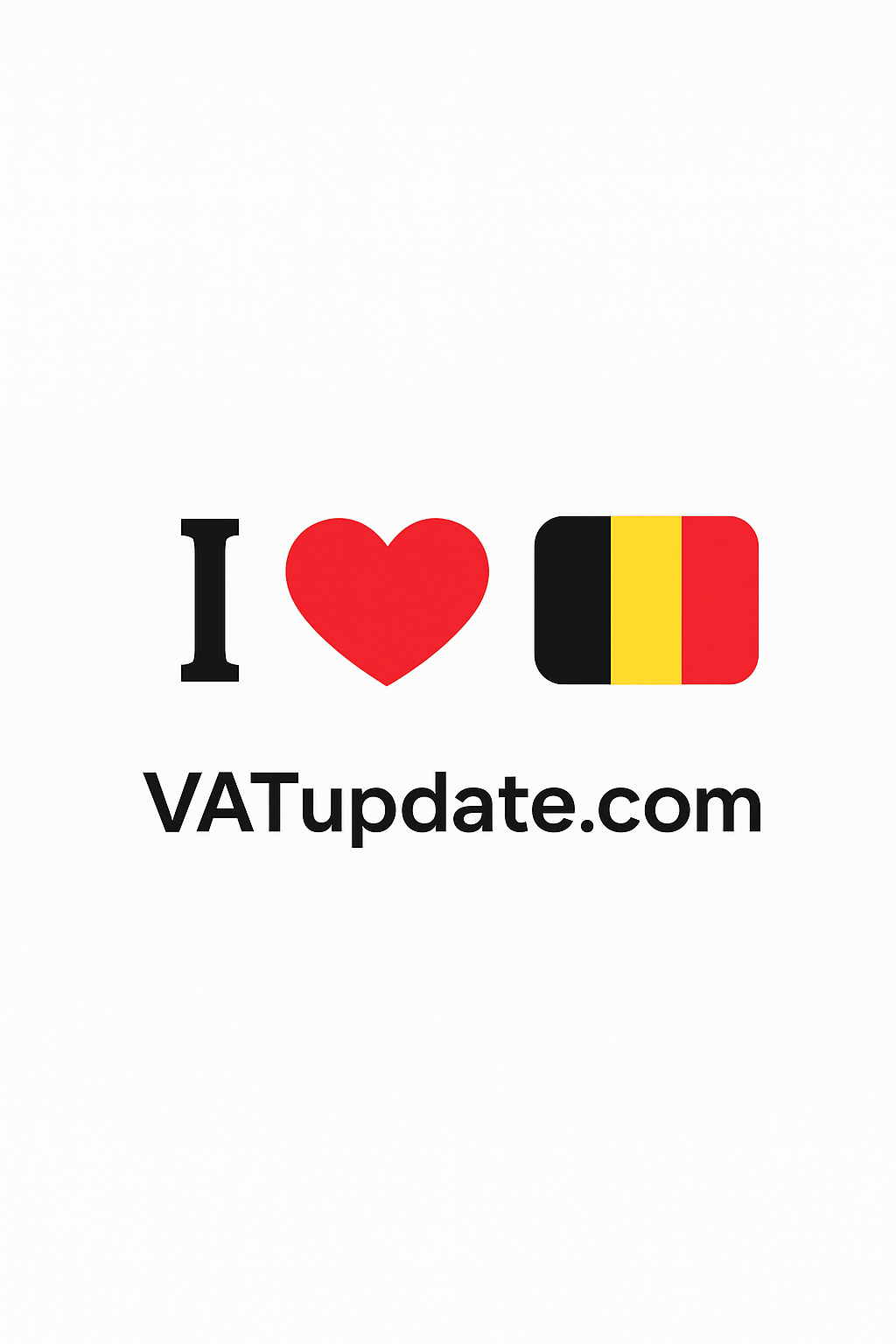- Indefinite Postponement of VAT Modernization: The introduction of specific aspects of the VAT modernization, including amended payment modalities and changes to refund applications, has been indefinitely postponed to ensure a smooth transition to the new system.
- Payment Methods and Refund Applications: Existing payment methods will remain in effect until further notice, with taxpayers required to continue using specified accounts for VAT payments. The scope of refund applications for excess tax from periodic VAT returns will also persist during the transition period.
- Extension of Transitional Measures: Transitional measures, including deadlines for filing and penalties for late submissions, will continue beyond the initial end date of September 30, 2025, with further updates to be provided by the FPS Finance regarding the end of the transitional period.
Source Fisconet
What is (was) the Belgian VAT chain about?
Key aspects of the reform include:
- Extended deadlines for filing VAT returns: Quarterly VAT returns now have a filing and payment deadline extended from the 20th to the 25th day of the month following the reporting period. Monthly VAT returns remain due by the 20th.
- Stricter penalties and reduced leniency: Late filing penalties will apply immediately without the previous grace period, with fines ranging from 100 to 500 euros per month for late filing and up to 5,000 euros for non-filing depending on recurrence.
- Introduction of a VAT provision account replacing the VAT current account: This account centralizes VAT debts and credits. VAT payments and credits will be managed via this provision account, and credits can be offset against VAT debts.
- Refund process changes: VAT credit refunds will be requested through an online portal (MyMinfin), and certain criteria must be met for refunds. Accelerated refunds are available for compliant taxpayers.
- Substitute VAT returns: If a taxpayer fails to file a return on time, authorities may issue a substitute return based on the highest VAT due in the past 12 months.
- Mandatory response times to tax authority queries: Taxpayers must respond within one month to VAT-related requests, reduced to 10 days in urgent cases.
- Changes to VAT rounding and invoicing: The reform introduces stricter compliance with electronic invoicing standards, including the upcoming mandatory B2B e-invoicing starting January 1, 2026.
The reform aims to modernize VAT administration, improve compliance, and reduce the VAT gap by digitalizing and streamlining VAT procedures, making it harder for errors and fraud to occur.
Recent developments include postponements of some VAT chain modernization measures initially planned for October 2025 to give taxpayers more transition time.
This comprehensive reform impacts Belgian taxpayers, requiring timely filing, adherence to new payment processes, and preparedness for mandatory electronic invoicing in the near future.
Latest Posts in "Belgium"
- Belgium’s B2B E-Invoicing Framework in Preparation for 2026
- Indefinite Postponement of VAT Chain Modernization in Belgium: Key Transitional Measures Extended
- Belgium Postpones Remaining VAT Chain Modernisation Rules to Focus on Electronic Invoicing Transition
- Prepare for Belgium’s 2026 eInvoicing Mandate: Key Steps and Deadlines Explained
- Webinar pincvision: Belgium eInvoicing – All You Need to Know (Oct 2)














